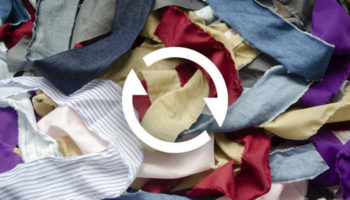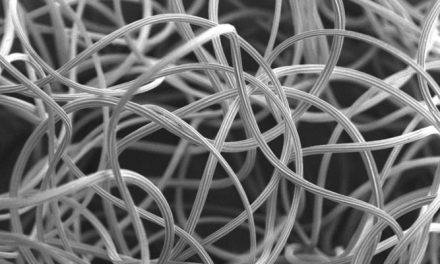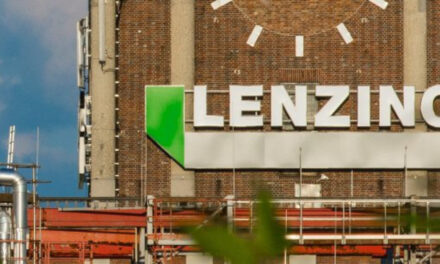 The RREUSE non-profit network of social enterprises involved in the reuse, repair and recycling sector is urging the European Union to act to help bring circularity to the fashion and textile industry. In a new report, entitled Vision for a New Fashion Season: Social and Circular, RREUSE argues that the poor quality of the textiles used in fast fashion is affecting attempts to create a circular economy.
The RREUSE non-profit network of social enterprises involved in the reuse, repair and recycling sector is urging the European Union to act to help bring circularity to the fashion and textile industry. In a new report, entitled Vision for a New Fashion Season: Social and Circular, RREUSE argues that the poor quality of the textiles used in fast fashion is affecting attempts to create a circular economy.
“Overconsumption and insufficient regulation on circularity has led to increased volumes of low quality textiles, unfit for re-use let alone recycling,” it argues. RREUSE, an umbrella group of 27 member bodies across 25 European countries and the USA, says this means textile recyclers have to meet the cost of disposing of garments fit only for landfill or incineration. Five to 15 per cent of textiles collected in Europe can be re-used locally, another 30-40 per cent can be reused overseas and 30-40 per cent can be recycled. But 10-15 per cent go to waste.
However, it says the EU has the opportunity to change this picture when it updates waste laws, after member states are obliged to collect textiles separately from 2025, by putting this burden on brands.
RREUSE claims that collecting and sorting the 06 mn tonne of clothes which currently go to waste in Europe each year could create about 120,000 jobs. It is urging the EU to making textiles a priority in its new Circular Economy Action Plan, which the EU has already pledged to do when unveiling its new European Green Deal recently.
RREUSE also wants the EU to create a specific Textiles Action Plan, focused on waste prevention and it’s financing by producers, to increase the reuse of clothing. It is also urging the EU to carry out an impact assessment on separate collection obligations for textiles under the new Waste Framework Directive, taking into account the effects on used-textile management operators.
RREUSE also wants to see an expert working group on the textile supply chain, more work on social and public procurement to encourage textile collection, and action to ensure transparency in textile supply chains. The umbrella organisation says its members can play a key role in addressing a circular fashion culture, and are well-placed and ready to engage with EU institutions, policy makers and key stakeholders.
 The RREUSE non-profit network of social enterprises involved in the reuse, repair and recycling sector is urging the European Union to act to help bring circularity to the fashion and textile industry. In a new report, entitled Vision for a New Fashion Season: Social and Circular, RREUSE argues that the poor quality of the textiles used in fast fashion is affecting attempts to create a circular economy.
The RREUSE non-profit network of social enterprises involved in the reuse, repair and recycling sector is urging the European Union to act to help bring circularity to the fashion and textile industry. In a new report, entitled Vision for a New Fashion Season: Social and Circular, RREUSE argues that the poor quality of the textiles used in fast fashion is affecting attempts to create a circular economy.












